
Generated by AI with Copilot Designer
On April 16, 2024, the Center for Media Law and Policy will be hosting the 2024 Hargrove Colloquium. The topic for this year’s colloquium is Media Law in the Age of Artificial Intelligence. Come hear from David McCraw, deputy general counsel at The New York Times Co. and author of the book Truth in Our Times: Inside the Fight for Press Freedom in the Age of Alternative Facts, as well as Ruth Okediji from Harvard Law School, who served as a member of the National Academies’ Board on Science, Technology and Policy Committee on the Impact of Copyright Policy on Innovation in the Digital Era.
Our distinguished panel of experts will examine efforts at the federal and state level to prevent potential abuse of AI and will delve into the impact of generative AI on critical areas of media law, offering insights and sparking thought-provoking discussion. Key areas of focus will include:
- Copyright Law: Who owns the creative output generated by AI? What is the impact on copyright holders when their work is used in training AI systems? How will existing copyright frameworks adapt to accommodate generative AI?
- Defamation and Tort Law: Who, if anyone, can be held liable for harmful or defamatory content that AI generates? What are the legal implications for users and platforms employing AI-powered algorithms to curate and publish information?
- Political Communication: How is AI being used in political campaigns and advertising? What are the potential risks and safeguards around AI-powered misinformation and voter manipulation?
- Journalism: How is AI transforming the news industry? What are the legal and ethical considerations surrounding AI-generated news? How can journalists leverage AI while upholding journalistic integrity?
The Colloquium will take place at 7:00 PM at the George Watts Hill Alumni Center at the University of North Carolina and is free and open to the public. Visitor parking is available in the Rams Head Parking Deck.
You can read more about the colloquium on our event page.

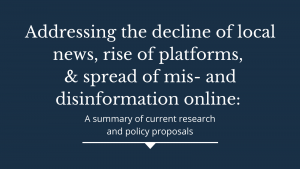
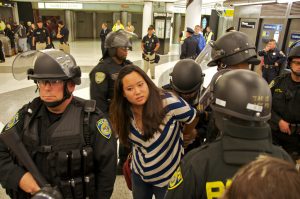
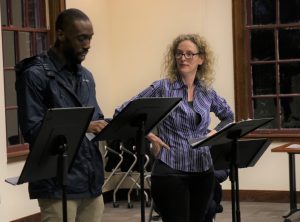
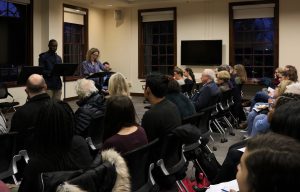
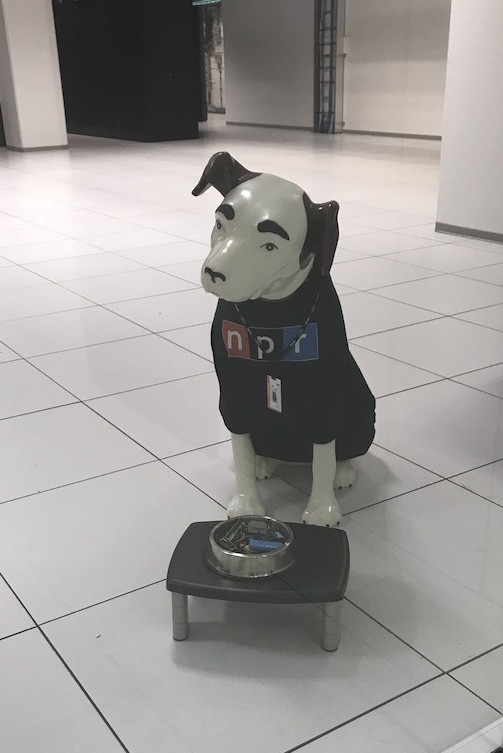 From Mariam Turner, a fourth-year dual degree student at UNC pursuing a JD and an MA in Mass Communication, who interned at
From Mariam Turner, a fourth-year dual degree student at UNC pursuing a JD and an MA in Mass Communication, who interned at